The application of ceramic foam filters has been extended to various industries, from automobiles to consumer electronics. The manufacturing unit selects these components according to its technical specifications showing different strength and resistance values. Not all of these filters are used in the same process. In fact, these filters have two common shapes: round and square. They are all made by the honeycomb weaving process. All these products will correspondingly change their raw materials and similar porosity characteristics.
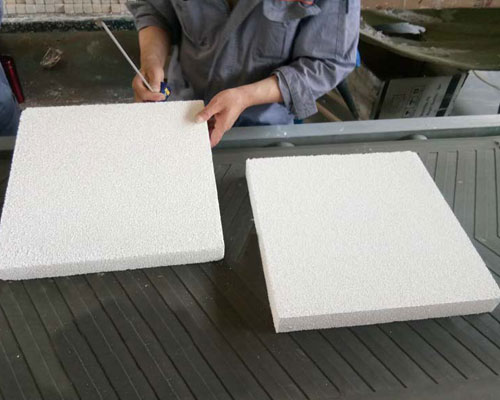
Ceramic Foam Filters Application
Ceramic casting filter work: Important applications include metallurgy, casting metal filtration, and purification. It all depends on its performance, such as high temperature, strength, resistance to molten metal erosion and corrosion resistance. Its large surface area also makes the liquid filtration process smoother. The basic operating principle mainly depends on the quality and strength of the filter. The mixed form of molten metal flows through the ceramic foam. The porous structure of the filter becomes a standardized format for better filtering.
Different ceramic foam materials: The material used for filtration actually defines the most suitable filter.
SiC ceramic foam filter-In the bronze casting process, SiC or silicon carbide ceramic foam filters are widely used. It is one of the most needed ceramic filters in the world, and it is also a heat-resistant steel casting used in various industries.
Zirconium ceramic foam filters – these are the ultimate choice for steel castings worldwide. Its convenient functions (for example, a heat-resistant temperature of up to 1760 degrees Celsius, and higher strength and excellent high-temperature impact) make it function normally.
Alumina ceramic foam filter-better forging aluminum alloy and removing all solids mixed in the molten metal, these foam or cast filters work well. This technology is widely used in aluminum foil manufacturing. In fact, it allows the aluminum metal to be deeply filtered. Advanced industrial use: Filtration is an important procedure included in many industrial processes. The main purpose of this technology is to improve product quality by removing impurities from metals. The filter used in this process must adapt to the corrosive environment and high temperature during the filtration process.

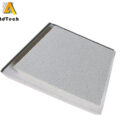
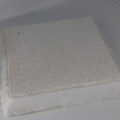
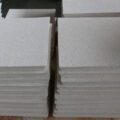
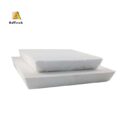
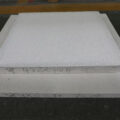
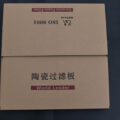
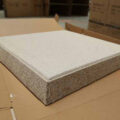
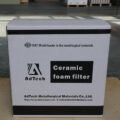

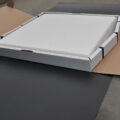
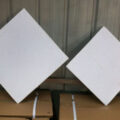
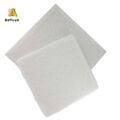

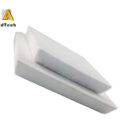
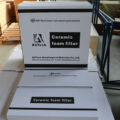






[…] casting molten aluminium filtration efficiency of the AdTech ceramic foam filter depends on the pore size of the filter plate, the size and type of inclusions (density, […]